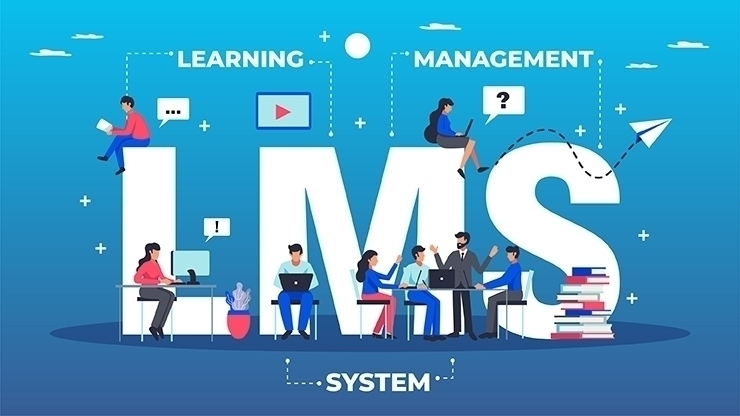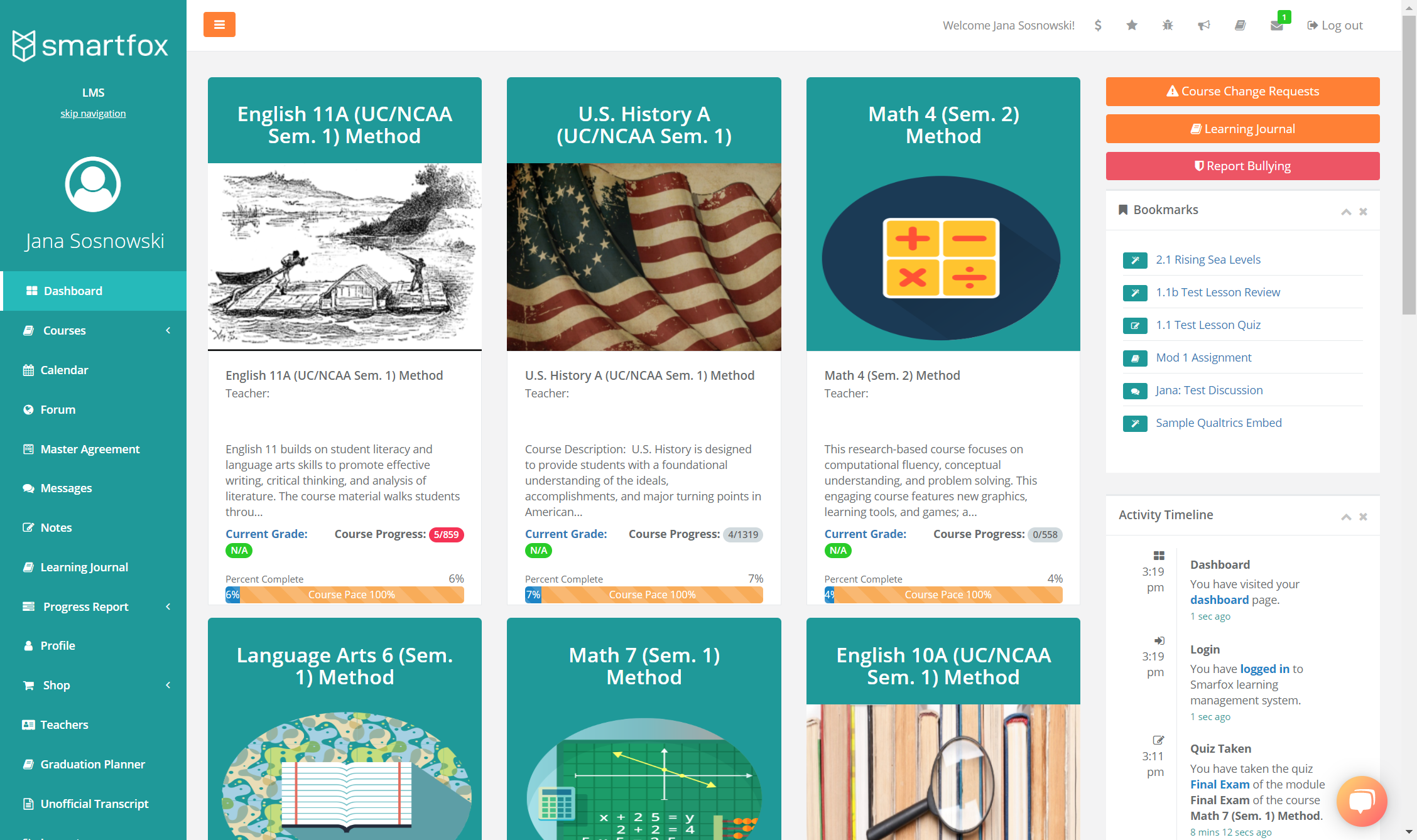Canvas Singapore: A Powerful Learning Management System for Educational Institutions
Canvas Singapore: A Powerful Learning Management System for Educational Institutions
Blog Article
Picking the most effective Knowing Administration System for Your Company
Picking the optimum Knowing Management System (LMS) for your organization is a complex choice that needs careful consideration of various aspects. From defining exact knowing objectives that resonate with your strategic vision to evaluating individual experience, each aspect plays a crucial function in the general efficiency of the system. Additionally, recognizing combination capabilities and ensuring scalability for future requirements can not be neglected. As companies pursue efficiency and development, the choice of an LMS comes to be progressively significant. What are the essential factors to consider that can influence your decision-making procedure?
Specify Your Knowing Objectives
Defining clear understanding goals is vital for the successful application of a Knowing Monitoring System (LMS) These goals function as a roadmap, guiding the development of material, analyses, and overall instructional strategies within the LMS. By establishing certain, quantifiable, possible, relevant, and time-bound (SMART) goals, organizations can make sure that the learning experiences are aligned with their tactical goals and student demands.
Reliable learning objectives ought to encapsulate what learners are anticipated to understand or have the ability to do upon conclusion of a training course or training program. This quality not just help in content creation but also helps with the examination of learner development and the general efficiency of the LMS. Canvas Singapore. Moreover, distinct purposes allow stakeholders to evaluate whether the chosen LMS functionalities and features align with their educational goals.
Assess User Experience
Once finding out goals have been established, reviewing customer experience ends up being an important next action in choosing a suitable Learning Monitoring System (LMS) Individual experience encompasses the total contentment and simplicity with which learners connect with the system. A properly designed LMS ought to facilitate instinctive navigation, making certain that individuals can locate training courses, materials, and assistance effortlessly.
To analyze individual experience, take into consideration carrying out usability screening with a representative sample of end-users. This can give useful insights right into how students engage with the system. Key variables to review include the LMS's user interface style, ease of access attributes, mobile compatibility, and the quality of directions offered. Customer responses is vital; collecting surveys or conducting meetings can reveal common discomfort factors and areas for enhancement.
Additionally, assess the accessibility of assistance sources, such as tutorials and aid centers, which can enhance the individual experience. The responsiveness of client assistance is also important; prompt aid can considerably reduce stress that users may come across. Inevitably, picking an LMS that focuses on individual experience not just enhances the discovering procedure yet also fosters higher involvement and fulfillment among students.

Evaluate Integration Capabilities
Acknowledging the importance of smooth performance, evaluating integration capabilities is crucial when picking a Learning Administration System (LMS) An efficient LMS needs to help with interoperability with existing systems, such as Human Source Management Solution (HRMS), Client Partnership Management (CRM) systems, and various other instructional tools. This integration enhances data circulation, decreases administrative worries, and makes certain a cohesive understanding environment.
When assessing an LMS, take into consideration the kinds of assimilations offered. Seek Application Programming User Interfaces (APIs), Solitary Sign-On (SSO) abilities, and pre-built ports that improve integration processes. Additionally, confirm the LMS's ability to incorporate with third-party tools, such as content collections or analysis systems, which can substantially enrich the knowing experience.

Consider Scalability and Flexibility
As organizations progress, the ability of a Knowing Administration System (LMS) to scale and adjust comes to be progressively crucial. A scalable LMS can fit growth in customer numbers, informative post program offerings, and web content without jeopardizing efficiency or customer experience. As organizations broaden, whether through boosted workers, new places, or varied training requirements, the LMS ought to seamlessly grow together with these adjustments.
Flexibility is similarly vital; a reliable LMS should support various finding out techniques, such as online, blended, and mobile knowing. This flexibility enables organizations to respond swiftly to emerging trends in training and advancement, ensuring that they can use appealing and pertinent understanding experiences - LMS SG. Additionally, the system should give customizable features, making it possible for organizations to tailor the LMS to their specific demands and branding
Moreover, a flexible LMS ought to incorporate quickly with existing tools and systems, promoting a cohesive discovering ecosystem. Thus, when selecting an LMS, it is important to examine not just its current abilities but additionally its prospective to expand and adjust abreast with the organization's critical objectives and progressing finding out requirements. This foresight can substantially enhance the lasting practicality of the selected LMS.
Evaluation Prices and Budgeting
When examining an Understanding Management System (LMS), reviewing expenses and budgeting is vital to make sure that the financial investment lines up with the company's financial abilities and critical goals. Organizations must start by determining the complete expense of possession, which consists of licensing charges, execution expenses, maintenance, and any added costs such as training and technological assistance.
It is crucial to contrast numerous LMS alternatives, as pricing versions can differ significantly amongst vendors. Some systems might supply a subscription-based design, while others may bill a single cost. Organizations should additionally think about the Read Full Report scalability of the LMS; as they grow, the cost framework may transform, influencing long-term budgeting.

Verdict
Choosing a proper Learning Administration System (LMS) is vital for achieving organizational learning goals. Ultimately, the appropriate LMS offers as a critical tool in fostering an efficient knowing environment and driving business success (LMS Singapore).
Selecting the optimal Learning Monitoring System (LMS) for your company is a multifaceted decision that requires mindful factor to consider of numerous components.Specifying clear discovering objectives is crucial for the successful execution of a Discovering Administration System (LMS)Once finding out objectives have actually been established, evaluating customer experience ends up being an important next action in choosing a suitable Understanding Administration System (LMS)As companies evolve, the ability of a Discovering Administration System (LMS) to range and adjust ends up being increasingly crucial.Selecting a proper Knowing Monitoring System (LMS) is essential for accomplishing business understanding purposes.
Report this page